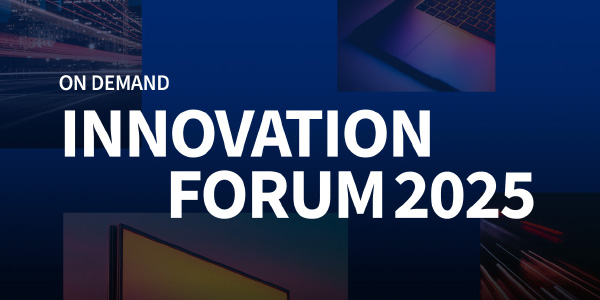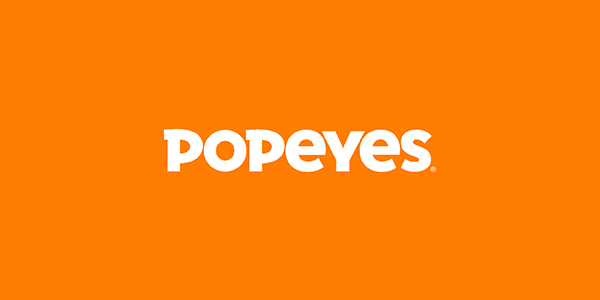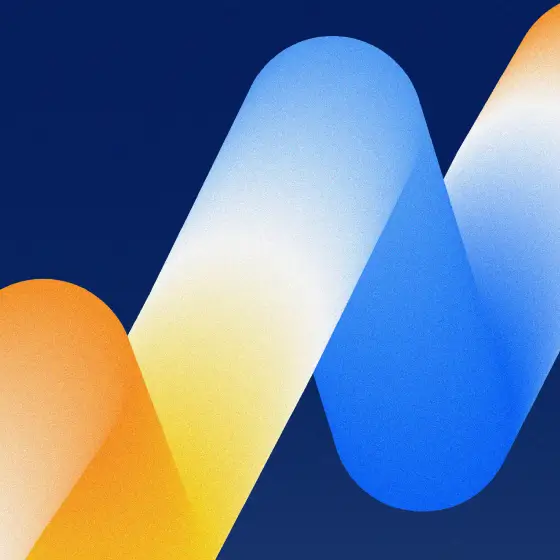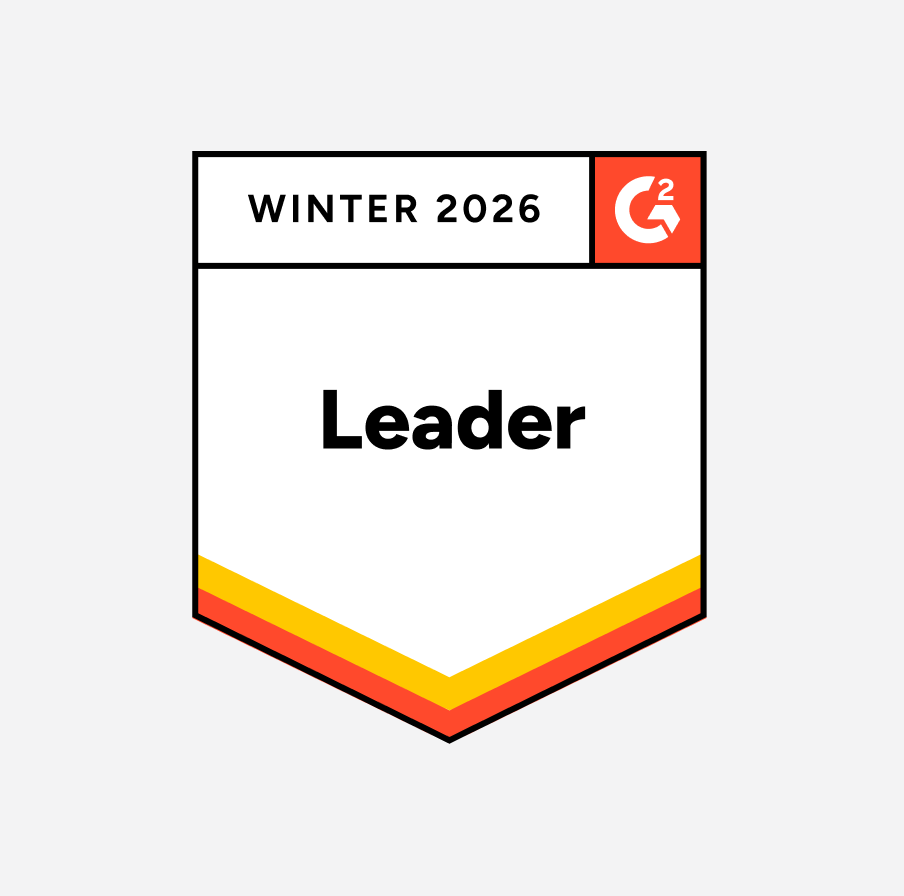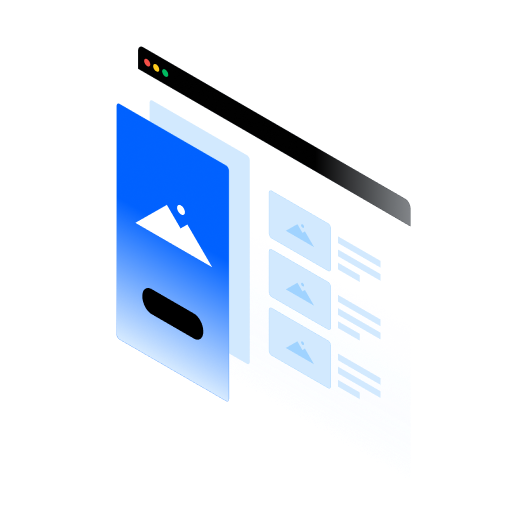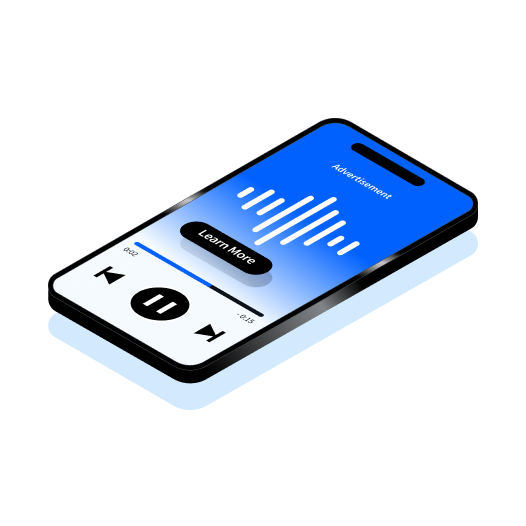Amplify Your Brand With Native Advertising
Build deeper connections with your customers through the power of native advertising campaigns and sponsored content.

Why Native Advertising?
Unlike traditional forms of advertising, native ads are often consumed in the same way as editorial content. This allows advertisers and publishers to seamlessly integrate branded content into the user experience. As a result, native ads help maintain click-through rates similar to those of editorial content, improving cost-per-click metrics and overall campaign performance.
4 Benefits of Native Advertising
- Blend your ads naturally into surrounding content, so they feel less intrusive and more engaging.
- Showcase your brand’s creativity across a variety of visually-appealing ad formats to help with brand perception.
- Leverage advanced targeting capabilities, so your ad reaches the right audience wherever they consume content.
- Retarget users who have shown interest in your brand with new creatives, to further optimize your campaign results.
Maximize Engagement With StackAdapt Native Advertising
Advanced Targeting Features
Activate your 1st-party data to deliver the best possible experience to your audience. We can help with proprietary audience discovery, 3rd-party targeting, custom segments, and more.
Dynamic Retargeting
Boost your ad revenue by retargeting users who have seen your native ads with personalized content and creatives to drive them further down the funnel.
Contextual AI Technology
Leverage our machine learning and AI capabilities to build your contextual targeting strategy using key phrases and keywords. Then, let our patented algorithm* place your ads in the right context.
Multi-Channel Impact
Create a cohesive story across different channels to reach your audience. Integrate display, programmatic audio, and CTV into your full-funnel campaigns with confidence and ease.
Track Engagements
Understand the impact of your ads with StackAdapt’s proprietary solution to track engagements. Automatically optimize and only pay for engagements with cost per engagement (CPE) bidding.
Brand Lift Study
Run our in-house brand lift study to measure ad recall, brand awareness, consideration, and purchase intent to understand the “lift” of your native campaign.
* US patent 11,748,776
Types of Native Advertising Formats That Work
Get started with native advertising formats that get proven results.
Pioneered by social platforms, in-feed native advertising is the most common form of native ad. It includes promoted listings and paid results.
Using elements of a native ad (image, headline, body, and logo), in-ad native ads are placed within the display inventory to help with reach.
Typically found at the bottom of an article, these ads can reach a broad audience in a cost-effective manner through targeted sponsored content.
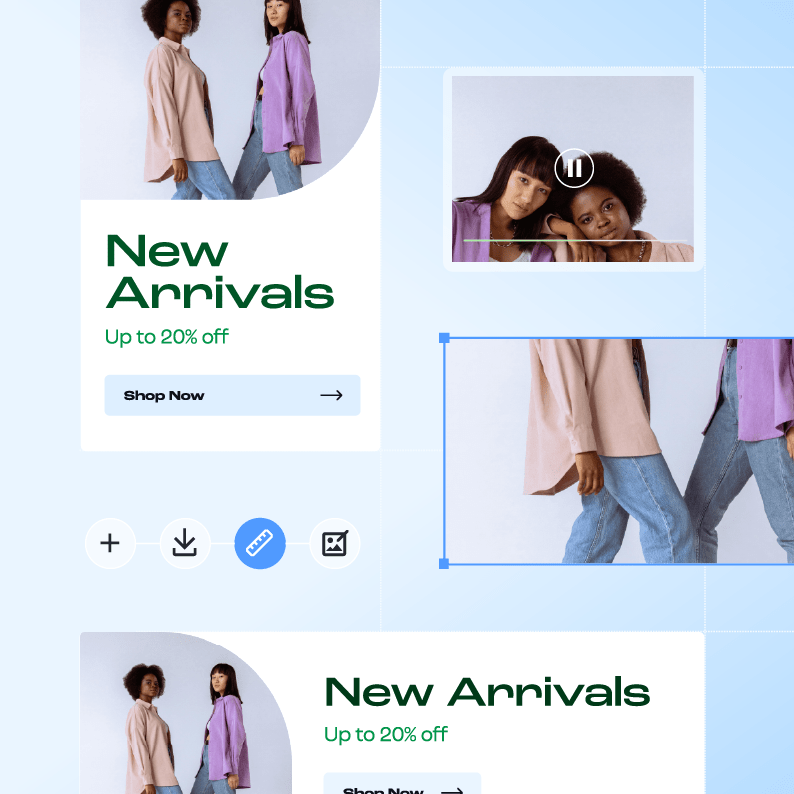
Engage Your Audience With Stunning Native Ads
Partner with the StackAdapt Creative Studio, where our talented team of creative experts will craft and produce native ads that truly captivate your audience.
StackAdapt Resources


Guide
GLOBAL
Apr 3, 2024
Kickstart Your Multi-Channel Advertising Campaigns

Native Advertising FAQs
Native advertising is a form of advertising that seamlessly merges high-quality content into a given platform’s organic experience. Native ads conform to the design and feel of the sites on which they’re displayed. This preservation of the immersive user experience helps maintain click-through rates similar to the rates seen with editorial content.
Native Defined
Location: Placed within content.
Design: Formatted like content.
Relevancy: Aligned with content or target audience.
Disclosure: Marked as being sponsored.
At StackAdapt, we take a different approach than other native advertising platforms. Currently, “native advertising” tends to be an overused buzzword applied to anything that isn’t a banner ad. We’re redefining it as something scalable and superior—it’s the intersection of customized native content delivery and the power of programmatic technology.
Programmatic native advertising serves each ad unit on an impression-by-impression level. It leverages real-time data and decision-making to ensure the most relevant ad is placed on each site, creating a unique user experience.
Advertisers run native ad units to engage audiences. This ad format is very popular as it aligns with the site’’s content and the audience’s interests.
Research consistently shows that native advertising outperforms traditional digital marketing methods. Scientific evidence also indicates that native ads engage both hemispheres of the brain, making them more memorable and influential. By integrating seamlessly with relevant content, native ads capture user attention, leading to stronger engagement and recall.
Native advertising has seen heavy sustained growth since its inception. In 2023, EMARKETER forecasted that US advertisers would spend close to $100 billion on native display advertising. US native ad spend accounted for 63.1% of total display ad spend in 2024, as advertisers continued to pivot from social media.
